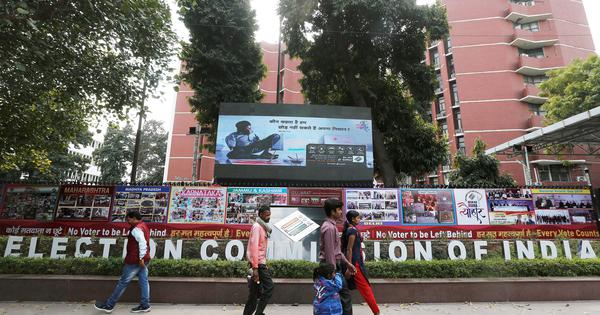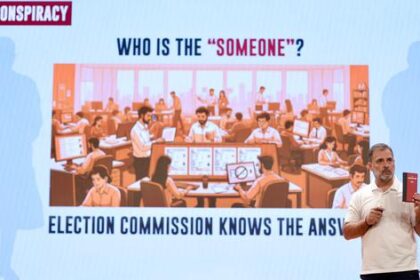Election Commission removes parties failing to contest elections, reducing total to 2,046.
The Election Commission has announced the delisting of 474 registered unrecognised political parties that did not meet regulatory requirements, particularly their failure to contest any elections in the past six years. This action marks the second instance this year where the commission has taken steps to streamline the electoral landscape in India. Earlier, on August 9, 334 parties were removed from the register for similar reasons, highlighting an ongoing effort to ensure that only active political entities remain recognized.
Prior to this recent round of delisting, a total of 2,520 unrecognised political parties were registered in the country. With the latest removal, the number has decreased significantly to 2,046. This reduction reflects the commission’s commitment to maintaining a more effective electoral system by eliminating parties that are not actively participating in the democratic process.
Political parties in India are registered with the Election Commission under Section 29A of the Representation of the People Act, 1951. Registration provides parties with various benefits, including the right to an election symbol and tax exemptions, among other advantages. However, the Election Commission has set specific guidelines for maintaining this registration. According to these guidelines, any party that fails to contest elections for a consecutive period of six years is subject to removal from the list of registered political parties.
Currently, the landscape of registered political parties includes six national parties and 67 recognised state parties, which are actively engaged in the electoral process. The recent actions taken by the Election Commission demonstrate its ongoing efforts to refine the political party registration system, ensuring that it is populated with entities that contribute meaningfully to the electoral process.
This initiative not only aids in the management of political parties but also serves to enhance public confidence in the electoral system. By ensuring that only those parties that are actively participating in elections are recognized, the Election Commission aims to foster a more vibrant and accountable political environment in India.
Stakeholders typically watch for clear timelines, responsibilities and implementation steps.
Communication from officials often clarifies procedures, interim measures and any phased rollouts.
Further details are expected as agencies align on next steps and documentation.








